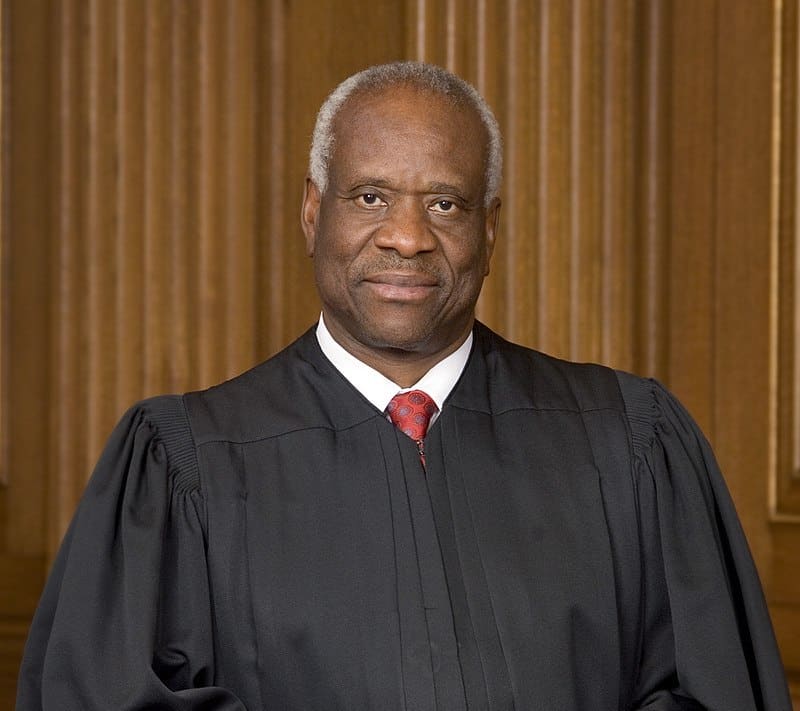Senate Democrats on Thursday called for an investigation into luxury trips Supreme Court Justice Clarence Thomas received from a Dallas businessman without disclosing them.
The trips, from billionaire Republican donor Harlan Crow, were uncovered in an extensive investigative report released Thursday by ProPublica. According to the non-profit news outlet, the frequency of the gifts have “no known precedent in the modern history of the U.S. Supreme Court.”
ProPublica said it’s estimated that at least one trip—to Indonesia in 2019—would have cost Thomas more than $500,000 had he chartered the reported private plane and yacht himself.
During a December interview, Sen. Sheldon Whitehouse (D-RI) explained how the Justices are not obligated to disclose expensive gifts or meals or vacations, or to specify items of personal hospitality in their financial statements.
“The trick that they pull at the Supreme Court is to say that if they got a personal invitation, then it’s personal hospitality,” he said.
He pointed to the late Justice Antonin Scalia having taken “80 hunting trips paid for almost entirely by others.” But Scalia didn’t disclose any of them; instead he had a resort owner “invite” him, making it “personal hospitality, as if he’s visiting his children or brother-in-law.”
The practice, along with other recent controversies at the Supreme Court, have led advocates and others to call for a code of ethics for the Justices. The Supreme Court is virtually the only court in the U.S. that does not formally adhere to such a code.
However, Congress has in the past subjected the Supreme Court—and other, lower courts—to the Ethics in Government Act of 1978, which mandates that public officials and their immediate families publicly disclose financial records and employment histories. It also sets restrictions on lobbying efforts for a period of time after an official leaves public office.
This Thursday, Senate Judiciary Chair Dick Durbin (D-IL) said his panel “will act” on information in the ProPublica report, though he did not specify what those actions might be.
“The highest court in the land shouldn’t have the lowest ethical standards,” said Durbin, adding that the Justices must be held to an enforceable code of conduct if they wish to avoid even the “appearance of impropriety.”
Whitehouse, meanwhile, called on Chief Justice John Roberts to ensure a robust investigation is carried out.
In a tweeted video, Whitehouse said that when he first raised the “problem of the personal hospitality exemption” on Thursday he got “blown off by the Supreme Court.”
After some pressing among “all the circuit courts,” Whitehouse said the Judicial Conference took up the question “and actually came back with a much improved rule that would close down a lot of this nonsense of free vacations at corporate resorts…as personal hospitality from people you barely know and all that.”
The Judicial Conference regulations on gifts to officers and employees of the judicial branch “do not prohibit all gifts, but only those from certain persons and in certain circumstances.”
Whitehouse concluded his video by saying he hoped that the report on Justice Thomas would “move the Supreme Court to do a real investigation.”
In January, the Supreme Court’s Marshal said an internal investigation had failed to identify the person responsible for the leak of the draft ruling to overturn Roe v Wade.
Crow told ProPublica in a statement that he and his wife have been friends with Thomas and his wife since 1996 and have “never sought to influence Justice Thomas on any legal or political issue.”
On Friday, Justice Thomas said he “was advised” that he did not have to disclose the series of trips from Crow.


